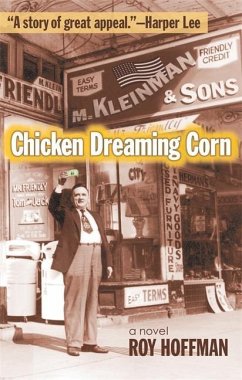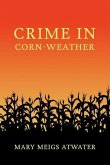On the immigrant blocks of Mobile, Alabama, in 1916, a Romanian Jewish shopkeeper, Morris Kleinman, is sweeping his walk in preparation for the Confederate veterans parade about to pass by. "Daddy?" his son asks, "are we Rebels?" "Today?" muses Morris. "Yes, we are Rebels." Thus opens a novel set, like many, in a languid Southern town. But, in a rarity for Southern novels, here is one centered on a character who mixes Yiddish with his Southern and has for his neighbors small merchants from Poland, Lebanon, and Greece. Morris resides with his family over his Dauphin Street store, enjoys cigars with his Cuban friend Pablo Pastor, and makes "a living not a killing." His tale begins with glimpses of the old Confederacy, continues through a tumultuous Armistice Day, and leads up to the hard-won victories of WWII. Along the way Morris sells shoes and sofas, and endures Klan violence, religious zealotry, and financial triumphs and heartbreaks. With his devoted Miriam, who nurses memories of Brooklyn and Romania, he raise four adventurous children whose own journeys take them to New Orleans and Atlanta and involve romance, ambition, and tragic loss. At turns lyrical, comic, and melancholy, this tale takes inspiration from its title, a Romanian expression with an Alabama twist--symbolic of the strivings of ordinary folks for sustenance, for the realization of their hopes and dreams. Set largely on a few humble blocks yet engaging many parts of the world, this Southern Jewish novel is, ultimately, richly American.
Hinweis: Dieser Artikel kann nur an eine deutsche Lieferadresse ausgeliefert werden.
Hinweis: Dieser Artikel kann nur an eine deutsche Lieferadresse ausgeliefert werden.








